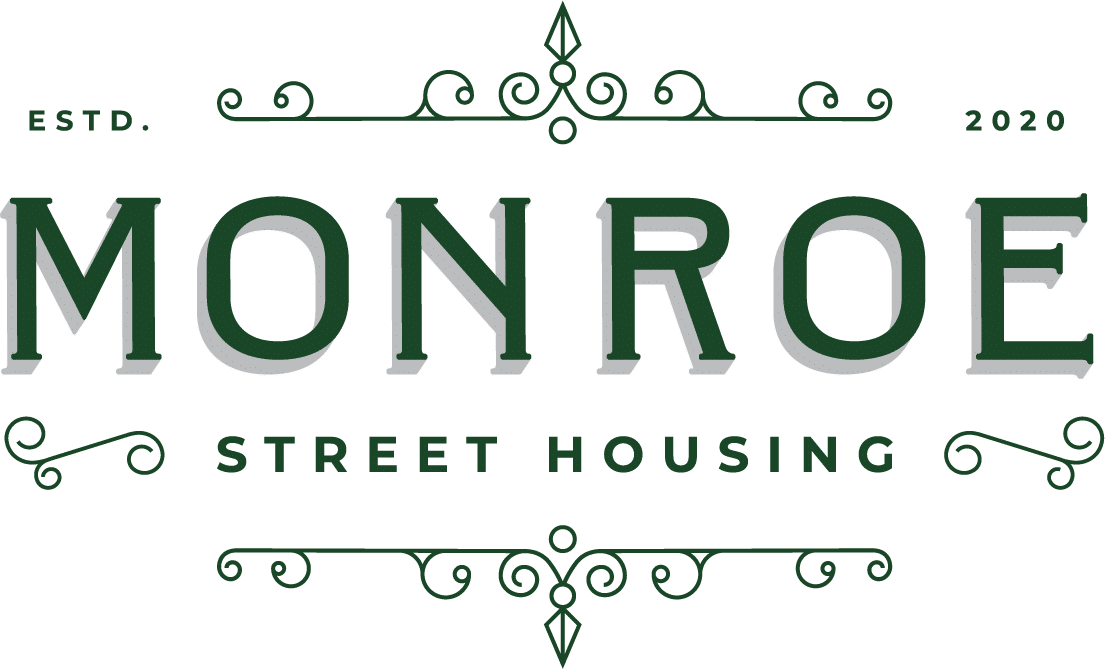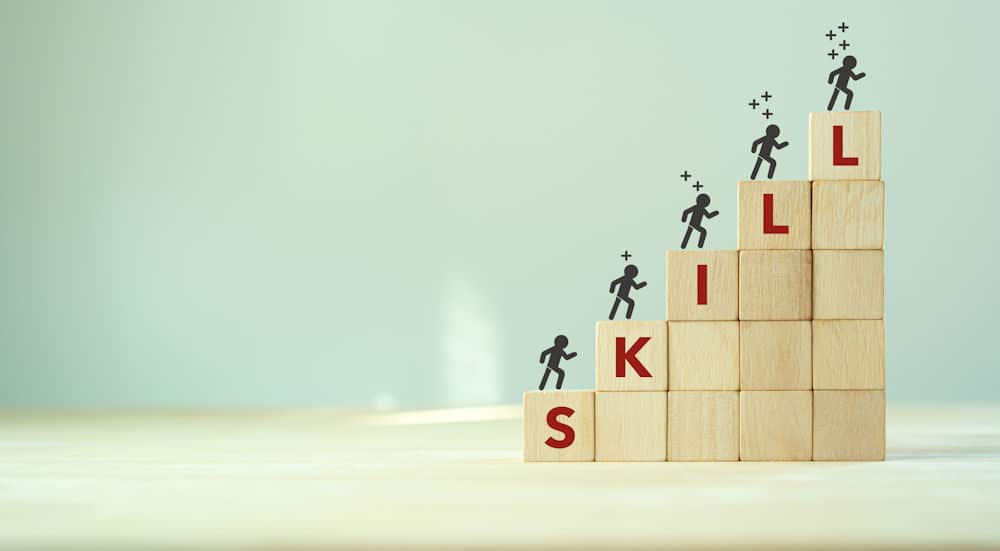Addiction recovery is a journey that requires not only physical healing but also emotional and mental growth. In many cases, individuals struggling with addiction lack the necessary life skills to maintain a healthy and fulfilling lifestyle. Incorporating life skills in addiction recovery programs is crucial for long-term success.
Don’t hesitate to seek treatment if you or a loved one is struggling with drug or alcohol dependency. Our sober living homes in Kokomo, IN can help you develop life skills to overcome addiction.
What Are Life Skills?
Life skills in addiction recovery refer to the practical and emotional tools that individuals develop to maintain sobriety and lead a fulfilling life after overcoming addiction. These skills are essential for individuals to successfully navigate through challenges and cope with triggers that may tempt them to relapse.
Some common life skills in addiction recovery include:
- Communication and interpersonal skills
- Creativity and critical thinking
- Problem-solving and decision-making
- Self-awareness
- Assertiveness and self-control
- Resilience and the ability to cope
These skills are developed through therapy, support groups, and other treatment programs. Our sober living facilities can help individuals strengthen their life skills and achieve long-term recovery from addiction.
Benefits of Life Skills in Addiction Recovery
- Improved Coping Mechanisms: One of the key benefits of life skills in addiction recovery is the development of healthy coping mechanisms. Many individuals struggling with addiction turn to substances as a way to cope with stress, anxiety, or other difficult emotions. However, through learning life skills such as mindfulness, communication, and problem-solving, individuals can learn healthier ways to manage their emotions and navigate challenging situations without turning to drugs or alcohol.
- Increased Self-Awareness: Life skills training can also help individuals in recovery develop a better understanding of themselves. Through exercises like self-reflection and goal-setting, they can gain insight into their thoughts, feelings, and behaviors that may have contributed to their addiction. This increased self-awareness can lead to personal growth and help individuals set boundaries in recovery.
- Better Decision-Making: Addiction often impairs one’s judgment and leads to poor decision-making. Life skills training teaches individuals how to think critically and make informed decisions by considering the consequences of their actions. This skill is crucial in recovery as it helps individuals avoid relapse triggers and make choices that align with their recovery goals.
- Improved Relationships: Addiction can have a detrimental effect on relationships with family members, friends, and loved ones. Life skills training focuses on improving communication, empathy, and conflict resolution skills that are essential for building healthy relationships. As individuals in recovery work on these skills, they can repair damaged relationships and form new ones based on trust and mutual respect.
- Greater Independence: Learning life skills empowers individuals in recovery to become more self-sufficient and independent. By mastering tasks such as budgeting, time management, cooking, and cleaning, they gain the confidence to live independently without relying on addictive substances or others for support.
- Enhanced Overall Well-Being: The ultimate goal of recovery is not just abstinence from drugs or alcohol but achieving overall well-being – physically, mentally, emotionally, and spiritually. Life skills training addresses all these aspects and helps individuals develop a healthy, balanced lifestyle. This includes practicing self-care, maintaining a healthy diet, exercising regularly, managing stress effectively, and finding purpose and meaning in life.
Why Are Life Skills Important for Recovery?
Life skills are essential for individuals who are in recovery from any type of addiction or mental illness. Recovery is a process that requires individuals to make significant changes in their behavior, thinking patterns, and lifestyle. Developing and practicing life skills can help individuals in recovery
- Cope with Triggers and Cravings
- Manage Stress
- Develop Healthy Relationships
- Build Self-esteem
- Establish a Structured Routine
Through life skills training and practice, individuals can develop the necessary skills to support their recovery journey and lead fulfilling lives. If you or a loved one is struggling with addiction, our sober living facility can help. Discover the benefits of sober living in Indiana.
Life Skills Needed After Rehab
Building Relationships
One important life skill that is crucial after rehab is relationship management. It is important to learn how to build and maintain healthy relationships with family, friends, and colleagues. This can involve setting boundaries, effective communication, and learning how to handle conflicts positively.
Managing Finances
After rehab, it is important to learn how to manage finances effectively. This may include creating a budget, paying bills on time, saving money for unexpected expenses, and avoiding impulsive spending habits. It may also be beneficial to seek guidance from a financial advisor or attend financial management workshops.
Finding a Job
Another essential life skill after rehab is finding a job. Many individuals may struggle with finding employment due to their past addiction or criminal record. It is important to learn how to present yourself in a positive light and highlight your skills and qualifications. Seeking career support from our treatment facility can also be helpful.
Goal Setting
Goal setting is another crucial life skill after rehab as it allows individuals to focus on their personal growth and development. Setting achievable goals can help in staying motivated and making progress towards leading a fulfilling life after rehab. This could include short-term goals such as maintaining sobriety or long-term goals like pursuing further education or starting a business.
Life Skills for Recovering Addicts
Developing Coping Mechanisms
One of the most important life skills for recovering addicts is to develop healthy coping mechanisms. This could include activities like exercise, meditation, journaling, or spending time in nature. These coping mechanisms can help manage stress and prevent relapse.
Establishing a Support Network
Having a support network of friends, family, and other recovering addicts is crucial for maintaining sobriety. These individuals can provide emotional support, accountability, and understanding during difficult times.
Practicing Mindfulness
Mindfulness is the practice of being present at the moment and accepting your thoughts and feelings without judgment. It can be particularly helpful for recovering addicts as it allows them to better manage cravings and triggers.
Practicing Self-Care
Taking care of yourself physically, mentally, and emotionally is crucial for recovering addicts. This could include getting enough sleep, eating nutritious meals, practicing good hygiene habits, and engaging in activities that bring you joy.
Sober Living Can Include a Set of Life Skills
Sober living is an effective way to continue practicing sobriety after receiving treatment. It is a crucial part of the recovery process for individuals who have struggled with substance abuse issues. Sober living teaches individuals life skills in addiction recovery that can help them lead fulfilling and successful lives.
In sober living, individuals are provided with opportunities to learn and develop life skills in a supportive and structured environment. This can include attending workshops or classes that focus on specific skill areas, as well as participating in daily activities that promote responsibility and self-sufficiency. Our facility in Indiana even offers transportation services to help clients get to work and see family members.
Developing life skills can also help individuals maintain their sobriety by providing them with healthy coping mechanisms. Instead of turning to substances when faced with challenges or stressors, individuals can use their learned life skills to manage difficult situations in more positive ways.
Substance Abuse Support Groups
One of the most effective ways to address substance abuse is through support groups. These groups provide a safe and understanding environment for individuals struggling with addiction to share their experiences, receive support, and learn from others who have similar challenges.
There are various types of substance abuse support groups available, including in-person meetings, online forums, and phone-based support. Some of the most commonly known support groups include Alcoholics Anonymous (AA), Narcotics Anonymous (NA), and SMART Recovery.
Joining a substance abuse support group can be daunting at first, but it can be an extremely beneficial step toward overcoming addiction. These groups offer non-judgmental environments where individuals can speak openly without fear of stigma or shame.
In addition to attending regular meetings, many support groups offer additional resources like online forums or hotlines that provide round-the-clock assistance. These addiction resources can be especially helpful during times of crisis or when individuals need extra support outside of meetings.
Learn More About Life Skills at Monroe Street Housing
At Monroe Street Housing, we understand the importance of building life skills in addiction recovery. Our program offers a variety of opportunities for individuals to learn and develop essential life skills that will support their recovery journey.
Through workshops, group activities, and individual sessions, our residents have the opportunity to gain knowledge and practical experience in these areas. We believe that by equipping individuals with these life skills, they will not only be able to maintain their sobriety but also thrive in all aspects of their lives.
If you or a loved one is struggling with addiction and wants to learn more about developing essential life skills for a successful recovery, contact us today. We are here to guide and support your journey towards a healthier and happier life.



Recent Comments